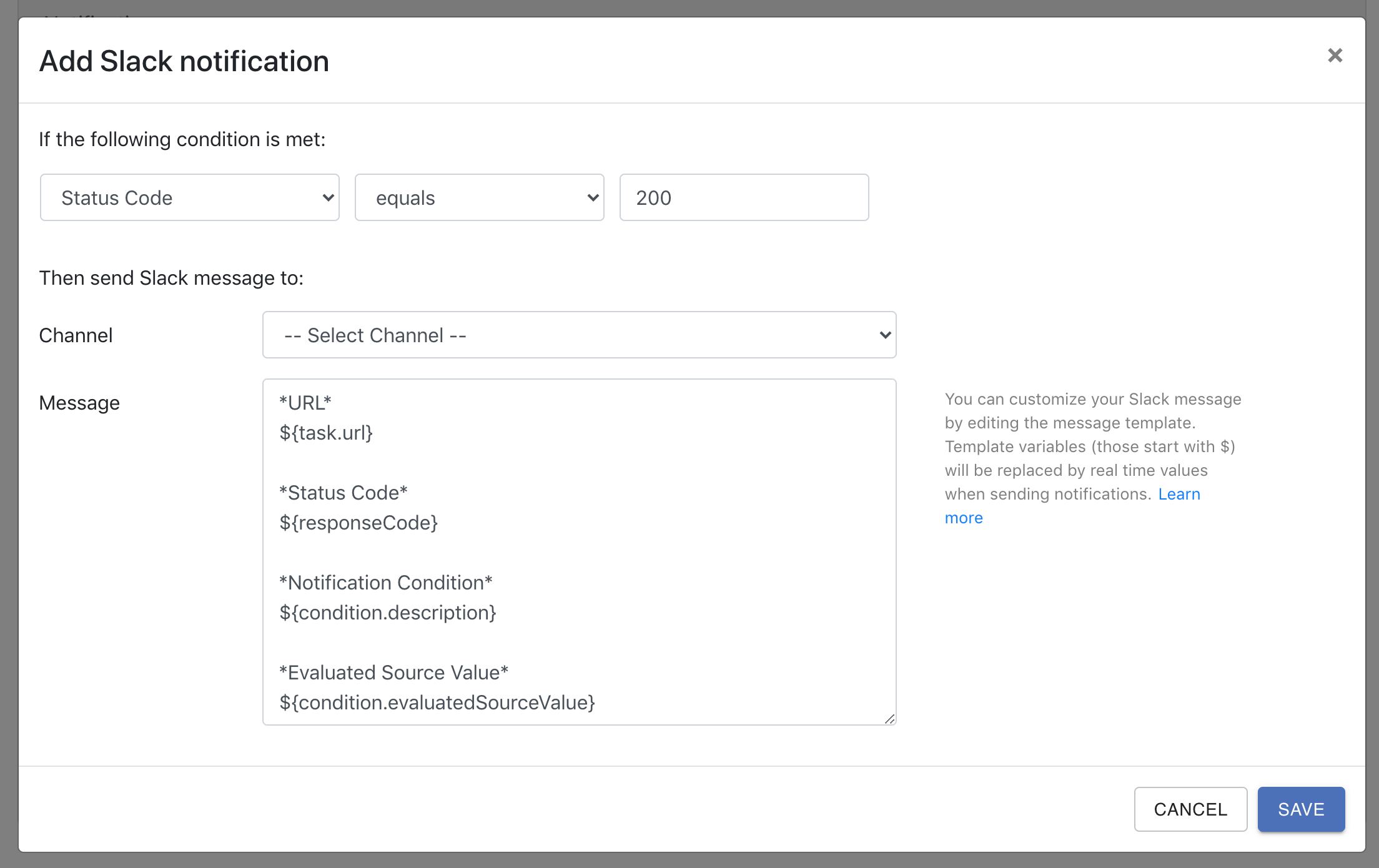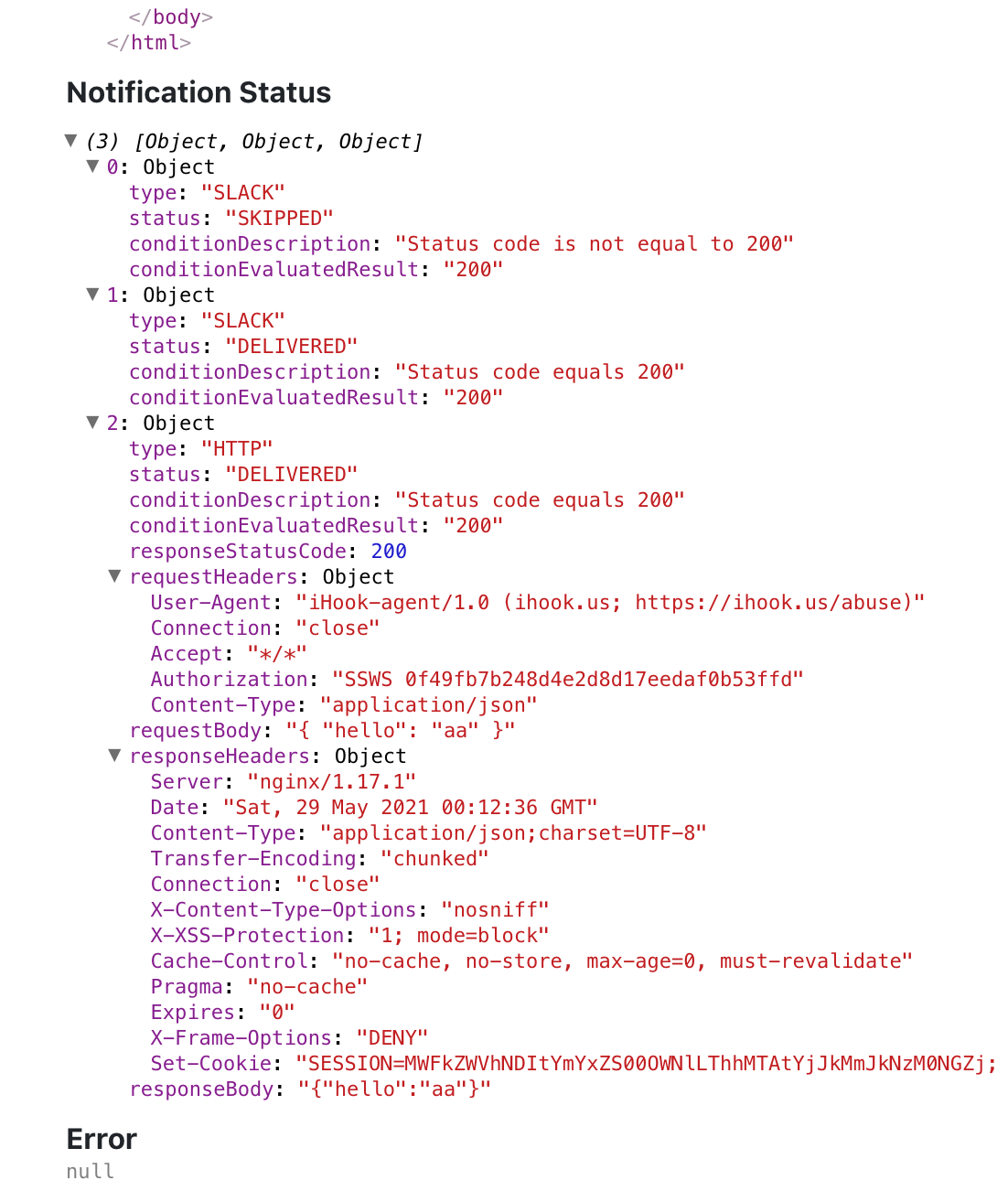May 2021 Update
Updated sign-in and sign-up page
We've been using Okta as our identity provider to manage sign-in and sign-up flows. It had been working great for the past 2 years - the integration could be set up within a couple of hours, and we don't have to worry about implementing and maintain all those sign-in, sign-up, password recovery flows. And it did a great job protecting iHook against malicious bot from registering zombie users.
However, due to the recent pricing change, we've decided that Okta is no longer an economic choice for iHook, and we spent 1 month rolling out our in-house authentication solution.
The new sign-in pages look pretty much the same as before, and you may continue to use your existing credentials (password or Google account) to log into iHook. Compared to the sign-in experience managed by Okta, the new pages are purely HTML-based without any Javascript logic. This reduces the static assets that need to be loaded by your browser and you may expect a faster page loading speed.
We did notice an increase in spam bot registration after the rollout. In response, we deployed a third-party security solution to help mitigate such attacks. So far this has been working well and we've seen a dramatic drop in attack for the last 2 weeks. Since the bot detection is automatic, there's a chance that legit traffic is blocked by the security module, if so please don't hesitate to contact our support team at [email protected]. We'll continue monitoring the site traffic to ensure a smooth site visiting experience.
Custom Slack message support for task notifications
We added support to customize Slack notification messages for iHook tasks. This had been supported for iHook receivers from day one, now it's available for iHook tasks as well. With this feature, you can provide more details when your task's Slack notifications are triggered. Similar to Email and SMS notification messages, you can add template variables such as evaluated condition value and response code. For more information, see our doc page.

HTTP notification status in execution history
For HTTP notifications, we added more details about the notification delivery status, including request headers, request body, response code, response headers, and response body. With this info, troubleshoot HTTP notifications would be easier.

Thank You
Thank you for reading! And thank you for your support of iHook! For any feedback, please feel free to contact us at [email protected]! Have a great weekend!
